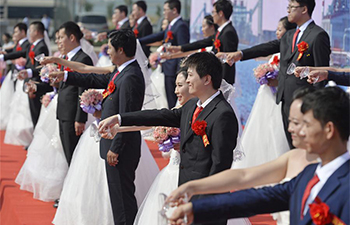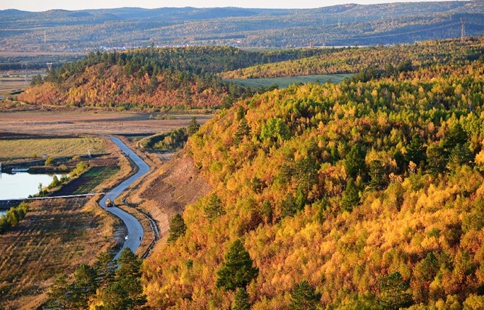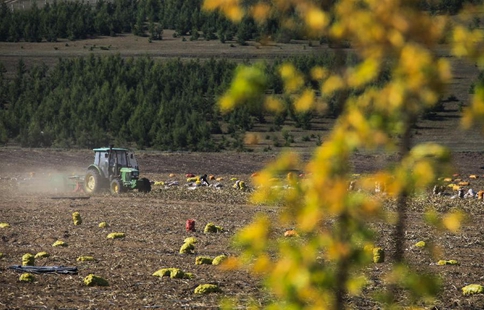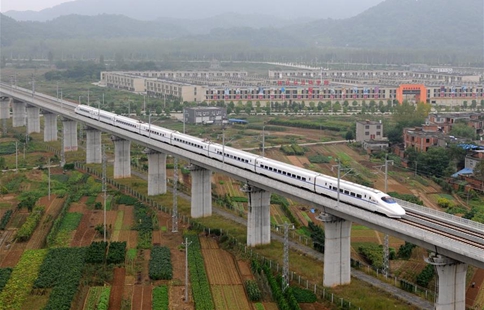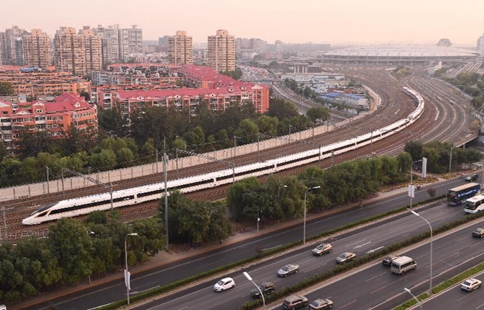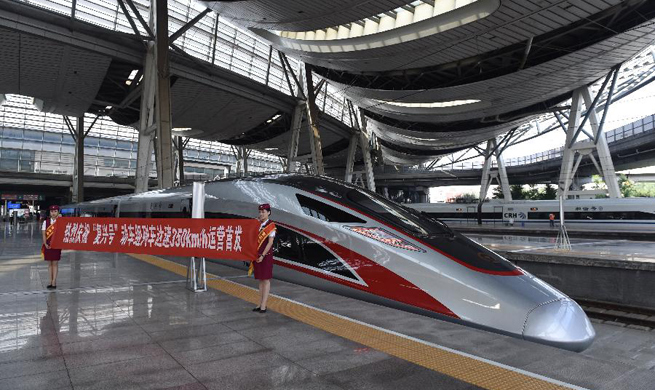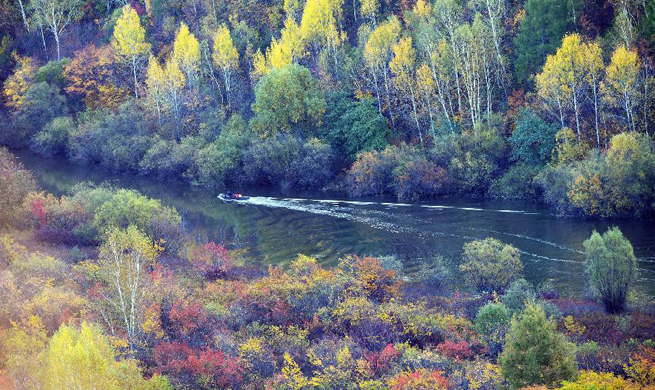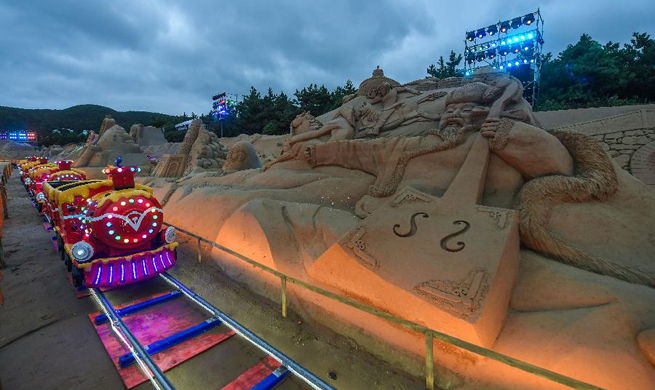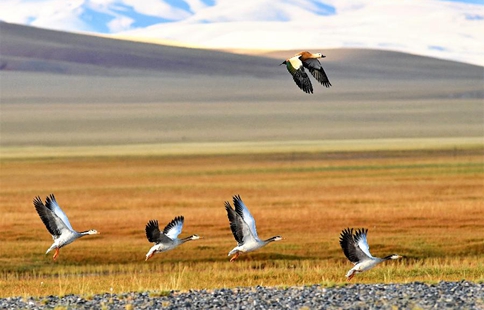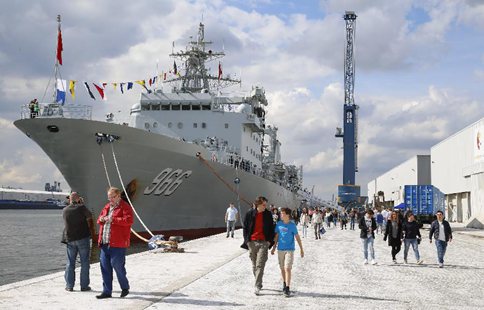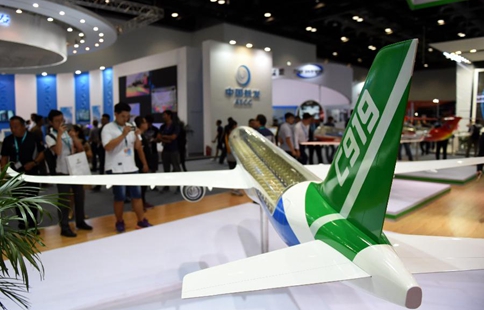DAMASCUS, Sept. 21 (Xinhua) -- The Syrian Kurds are poised for their first elections in areas under their control in northern Syria since their announcement of federal rule in March 2016, a well-informed source told Xinhua Thursday.
The elections will take place in three stages, starting with electing local committees on Sept. 22, and ending with electing a Legislative Council by January 2018, the Aleppo-based source said on condition of anonymity.
The Kurdish-controlled region in Syria, or Rojava, Kurdish short for the Democratic Federation of Northern Syria, consists of three self-governing cantons in northern Syria, namely Jazira Canton, which includes areas in Hasakah Province in northeastern Syria, Afreen Canton, which covers areas in Aleppo Province, and Euphrates Canton, which combines areas in Aleppo and Raqqa.
The elections come as the Kurdish-led Syrian Democratic Forces (SDF), heavily backed by the United States, are close to declaring the liberation of Raqqa from the Islamic State (IS) militants after a three-month offensive.
The Kurds in Syria have for long dreamed of having a federal rule in the Kurdish areas, similar to what's happened in Iraq, where the Kurds are also preparing to vote for independence.
It's highly likely that such a move will spark tension with Damascus, as Deputy Foreign Minister Faisal Mekdad has dismissed the Kurdish plans to hold elections as a "joke."
"The elections will be a joke. Syria will never ever allow any part of its territory to be separated," Mekdad said in an August interview with the BBC.
He said the Syrian forces will retake all of the Kurdish-controlled areas.
Earlier this week, Bouthaina Shaaban, the political advisor of President Bashar al-Assad, said in an interview that Damascus will fight any military force, including those supported by the United States, to liberate all the country.
While the SDF are close to fully capturing Raqqa, the de facto capital of IS, they are also fighting IS in the northern countryside of Deir al-Zour Province in eastern Syria.
Observers believe the SDF operations in Deir al-Zour, where the Syrian government forces are making progress against IS, aim to control the oil fields, which are key to the economy of Rojava.
There are seven oil fields in Deir al-Zour, three of which have been recaptured by Syrian forces, which broke the IS' three-year siege to the city two weeks ago. The other oil fields are located in the northern countryside of Deir al-Zour, where the SDF are fighting IS militants.
A source in Qamishli in Hasakah Province, where the Kurdish influence is present, told Xinhua that battles between the Syrian army and the Kurdish-led groups are unlikely for now.
He said the Kurds are trying to impose a status quo in the northern region, expecting the situation and the tension to be resolved through dialogue.
If the dialogue fails, they could clash, he added.
"Now the focus is on defeating IS in Deir al-Zour, and I think there is a Russian-U.S. understanding regarding that region, which could spare both parties direct confrontation," he said.
But earlier this month, Kurdish fighters said Russia or Syrian warplanes struck their positions in Deir al-Zour, warning against further attacks.
Later on, a Syrian warplane was reportedly downed in the same region, with activists saying IS militants were behind the crash.
However, some reports suggested that it could be the Kurdish response to the previous alleged attack by the Syrian air force.
Despite their passion, it will not be easy for the Kurds to carry on with their plans, as Turkey poses a threat to their dream.
Turkish officials have repeatedly vowed to prevent the Kurds from having more sway in northern Syria.
"So they will have two enemies: the government forces from one side, and the Turks from the other," Maher Ihsan, a Syrian analyst, told Xinhua.
On Sept. 6, former U.S. Ambassador to Syria Robert Ford said in an interview that the idea that the U.S. will militarily defend the Kurdish interest is wrong, warning that the Kurds shouldn't rely on the U.S. help but should embark on talks with the Damascus government directly.




